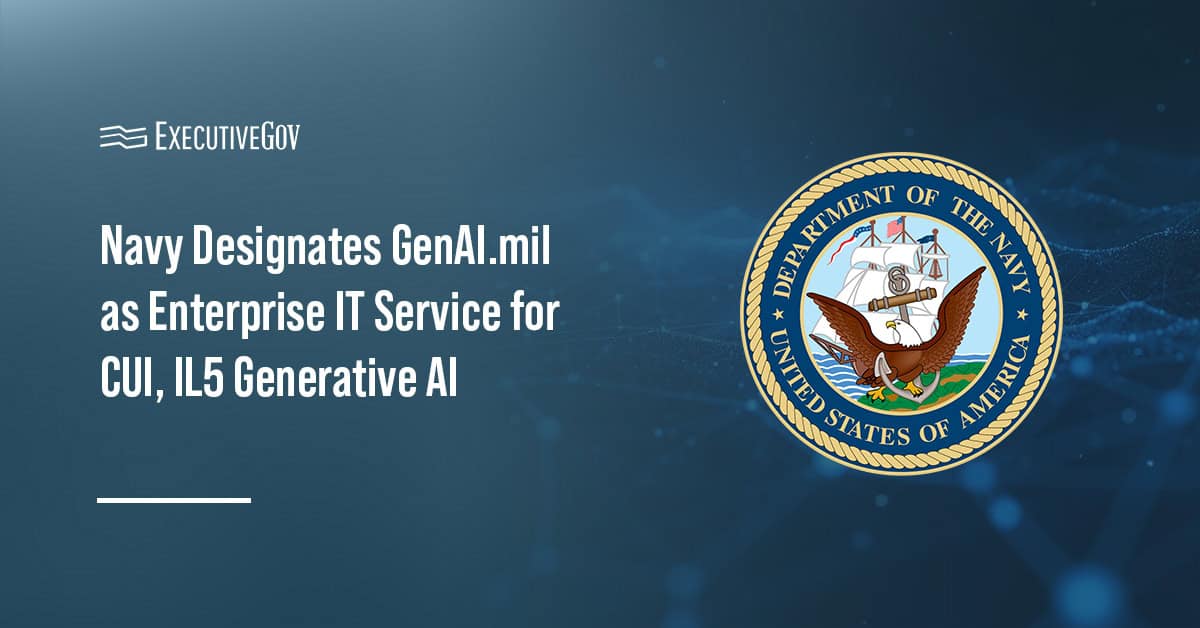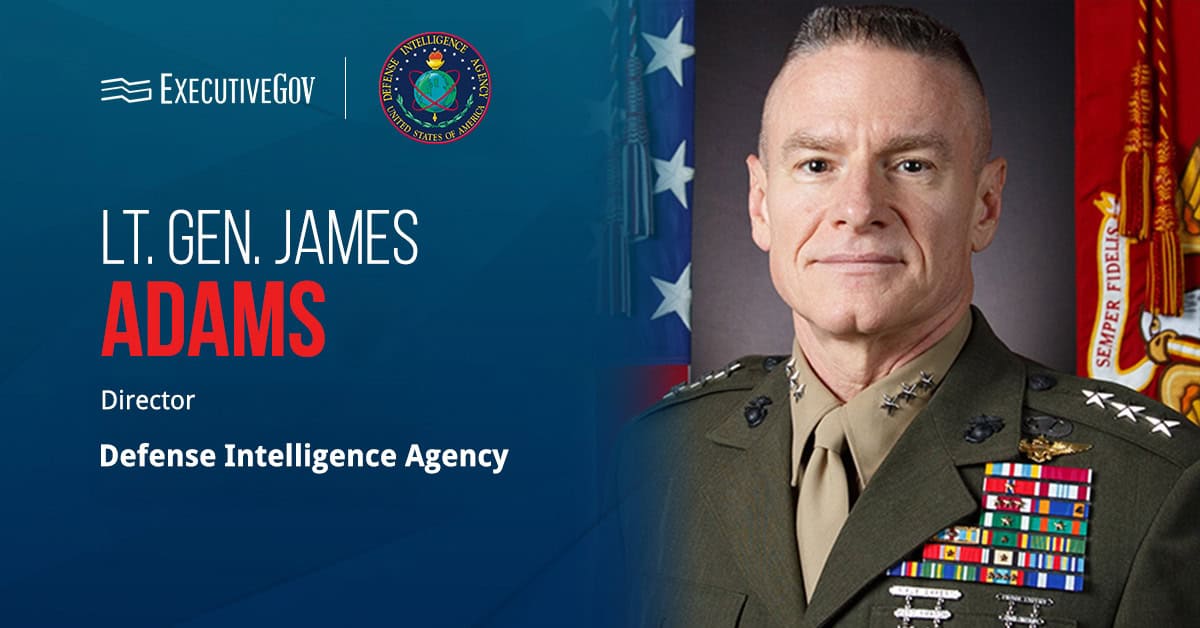
U.S. Naval War College held a game on military-level approaches to protect energy grids in case of emergencies. Members of finance, energy, government and academic sectors took part in the Defend Forward: 2019 Critical Infrastructure War Game that took place July 25 to 26, the U.S. Navy said Wednesday.
The school’s Cyber and Innovation Policy Institute hosted the event as the third installment in a series of cyber infrastructure challenges. The Navy intends to use findings to support the Cyberspace Solarium Commission’s strategic efforts.
Mark Montgomery, the commission’s executive director, said the private sector holds a large fraction of the national security critical infrastructure. “We need to ensure it is protected and supported at the same level as our government-operated infrastructure,” he said.





